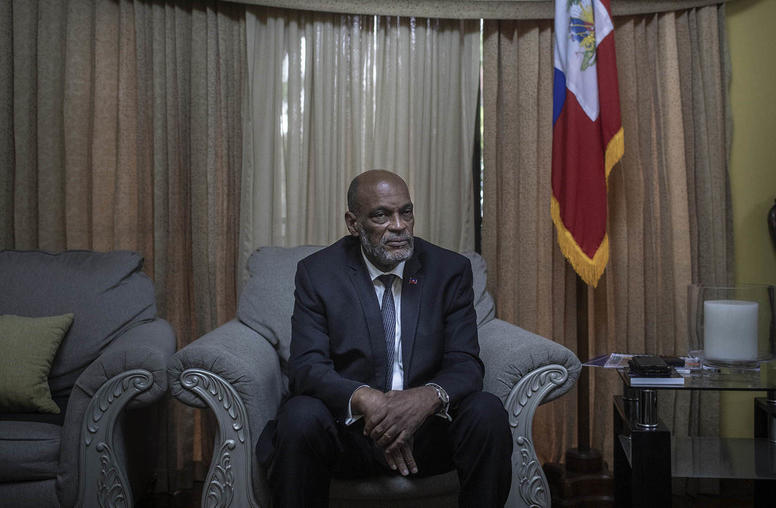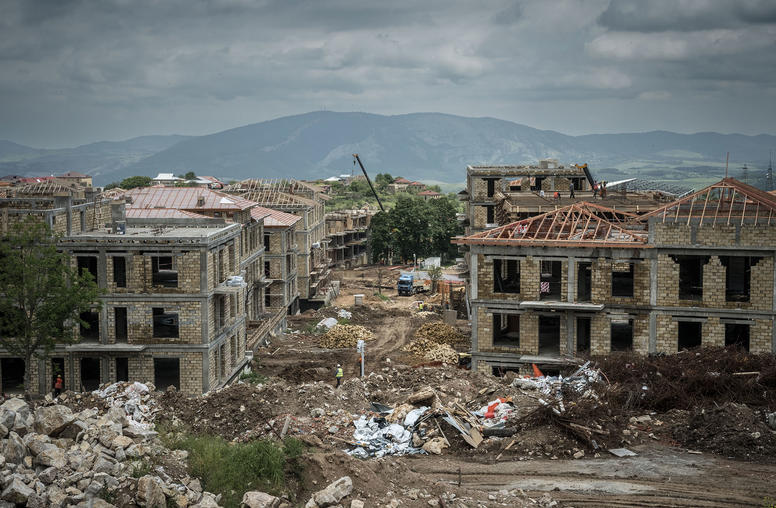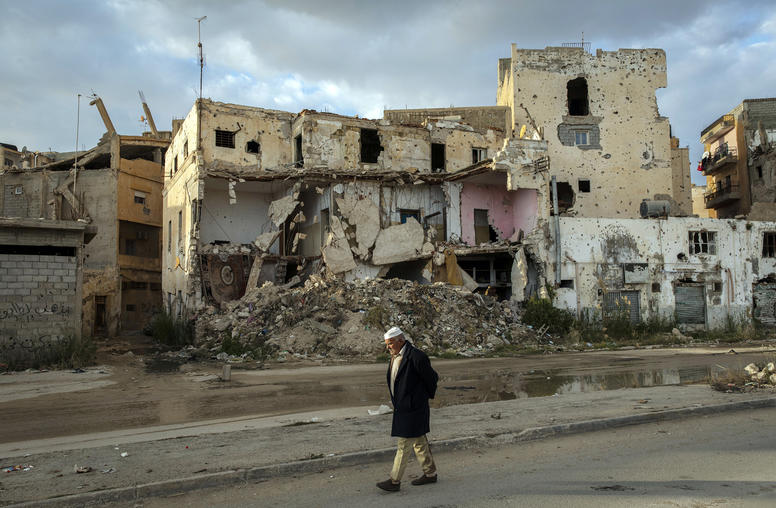 Haiti
Haiti
Since the pullback of the international assistance mission in 2017 followed by the assassination of its president in 2021, Haiti has suffered from a crisis of governance that has opened the space for criminal — but politically aligned — gangs to take over much of the country. USIP offers technical and secretariat support to national dialogue processes that will lead to a functional transitional government and guide the country to elections. It also works with experts to develop innovative security planning for Haiti that takes account of the tepid international support for the current crisis.
Read more about the current crisis in Haiti
Featured Publications

Meeting the Moment: The Role of the Diaspora in Haiti’s Future
In early July, Haitian Prime Minister Gary Conille made his first version to Washington, where he sought to mobilize the Haitian diaspora to be more active in restoring Haiti’s governance, security and development, as he pushed back against the “Haiti fatigue” that afflicts official Washington. Haiti’s diaspora is an important asset to multinational efforts to address the crises the country faces today and could be a critical factor in building a sustainable and prosperous future.

Cartographie du chemin de la justice en Haïti : Leçons de la Colombie et du Guatemala
Le nouveau gouvernement intérimaire d'Haïti fait face à des défis immenses, mais aucun n'est aussi urgent que de briser l'emprise des gangs sur la capitale du pays, Port-au-Prince. La force seule ne suffira pas à apporter la paix, même avec l'arrivée de la mission multinationale de soutien à la sécurité dirigée par le Kenya, de taille modeste. Le pays a plutôt besoin de mécanismes créatifs et globaux impliquant toute la société — et non seulement l'ensemble du gouvernement — pour détourner les membres des gangs du crime et de la violence dans le cadre d'une stratégie globale de lutte contre les gangs.

Mapping Haiti’s Road Toward Justice: Lessons from Colombia and Guatemala
Haiti’s new interim government faces immense challenges, but none are as urgent as breaking the stranglehold that gangs have over the country’s capital, Port au Prince. Force alone will not bring peace, even with the arrival of the modestly-sized and Kenyan-led multinational security support mission. The country instead requires creative, whole-of-society — not just whole-of-government — mechanisms to divert gang members from crime and violence as part of a comprehensive counter-gang strategy.
Current Projects

Crisis in Haiti
Analysis of Haiti’s deepening crisis, its implications for regional peace and security, and policy options for the United States to consider.

Peacemaking in a Turbulent World: Lessons from Intrastate and Interstate Conflicts
Peacemaking in a Turbulent World answers the following central question: What lessons for effective management of intrastate conflicts emerged from the post-Cold War period that are relevant for managing contemporary conflicts which include intrastate, internationalized (featuring direct engagement by outside powers), and interstate conflicts?

Fragility and Conflict
The Global Fragility Act (GFA) is an ambitious law that makes preventing conflicts and promoting stability in countries prone to conflict a U.S. foreign policy priority. Following years of efforts that overemphasized military operations in response to extremist violence and insurgencies, the GFA requires a long-term investment to address the underlying drivers of conflict. The Biden administration has released a new strategy to implement the GFA with 10-year commitments of assistance to a group of fragile states. The GFA and the new strategy rely, in part, on recommendations made by the USIP-convened Task Force on Extremism in Fragile States.